What Are The Advantages Of A Digital Camera ?
Some advantages of a digital camera include instant preview of photos, ability to delete and retake photos, easy storage and transfer of images, and the option to edit and enhance photos digitally.
1、 Higher image quality and resolution compared to film cameras.
The advantages of a digital camera are numerous, with one of the most significant being higher image quality and resolution compared to film cameras. Digital cameras capture images using a sensor that converts light into digital data, resulting in sharper and more detailed photographs. This allows for greater clarity and the ability to capture fine details that may be missed by film cameras.
Digital cameras also offer the advantage of instant feedback. With a digital camera, you can immediately review the image on the camera's LCD screen, allowing you to make adjustments and retake the photo if necessary. This real-time feedback enables photographers to experiment and refine their techniques, leading to better results.
Another advantage of digital cameras is the ability to store a large number of photos on a memory card. Unlike film cameras, which require physical rolls of film, digital cameras can store hundreds or even thousands of images on a single memory card. This not only saves space but also allows for easy organization and retrieval of photos.
Furthermore, digital cameras offer the convenience of easy sharing and editing. With the rise of social media and online platforms, digital photos can be instantly shared with friends and family around the world. Additionally, digital images can be easily edited using software programs, allowing for adjustments to exposure, color, and composition without the need for a darkroom.
In recent years, digital cameras have also seen advancements in technology such as improved low-light performance, faster autofocus systems, and the ability to shoot in high-definition video. These developments have further enhanced the capabilities of digital cameras and expanded their applications in various fields, including professional photography, journalism, and even filmmaking.
In conclusion, the advantages of a digital camera, such as higher image quality and resolution, instant feedback, ample storage capacity, easy sharing and editing, and technological advancements, make it a preferred choice for photographers of all levels. As technology continues to evolve, we can expect digital cameras to offer even more innovative features and capabilities in the future.
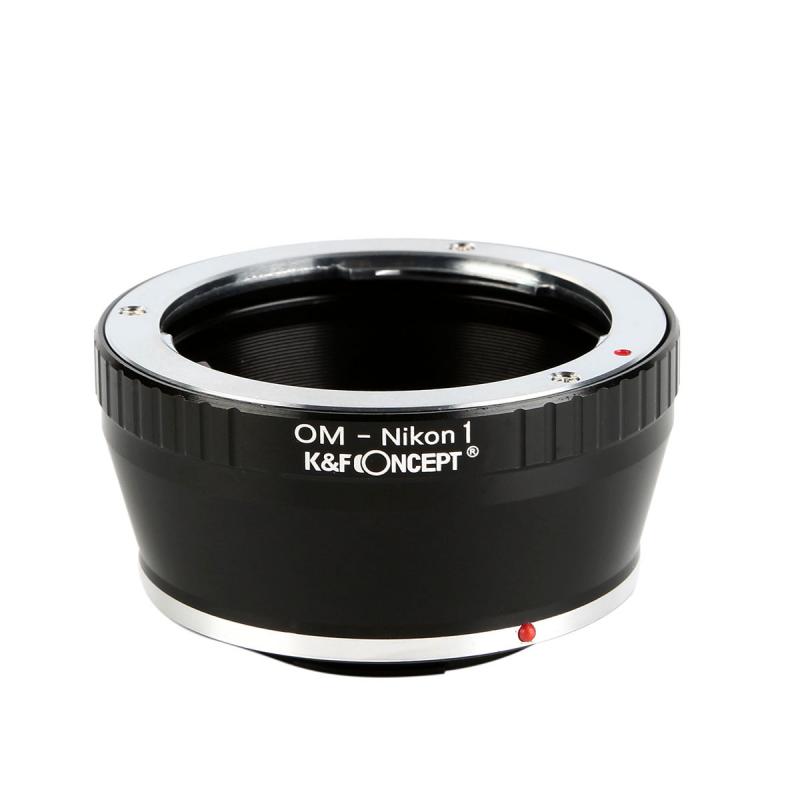
2、 Instant preview and review of photos.
One of the major advantages of a digital camera is the instant preview and review of photos. Unlike traditional film cameras, where you have to wait until the film is developed to see the results, digital cameras allow you to instantly view the image on the camera's LCD screen after capturing it. This feature provides immediate feedback, allowing you to assess the quality of the photo, make adjustments, and retake the shot if necessary. It saves time and eliminates the uncertainty of whether you captured the desired image correctly.
Furthermore, the instant review feature allows you to quickly delete unwanted photos and free up storage space on your memory card. This is particularly useful when you are limited on storage capacity and need to make room for more photos. Additionally, the ability to review photos on the spot enables you to identify any issues with exposure, focus, or composition and make necessary adjustments for subsequent shots.
In recent years, digital cameras have become even more advanced, offering features such as touchscreens and Wi-Fi connectivity. Touchscreens provide a more intuitive and user-friendly interface, allowing for easier navigation through menus and settings. Wi-Fi connectivity enables you to transfer photos wirelessly to other devices, such as smartphones or computers, for immediate sharing on social media or editing in post-processing software.
Moreover, digital cameras now often include advanced image processing capabilities, such as in-camera filters and effects. These features allow photographers to experiment with different artistic styles and enhance their photos without the need for external editing software.
In conclusion, the instant preview and review feature of digital cameras revolutionized the way we capture and evaluate photos. It provides convenience, efficiency, and the ability to make immediate adjustments, ultimately leading to better results. With the continuous advancements in technology, digital cameras offer even more features and possibilities for photographers to explore and express their creativity.
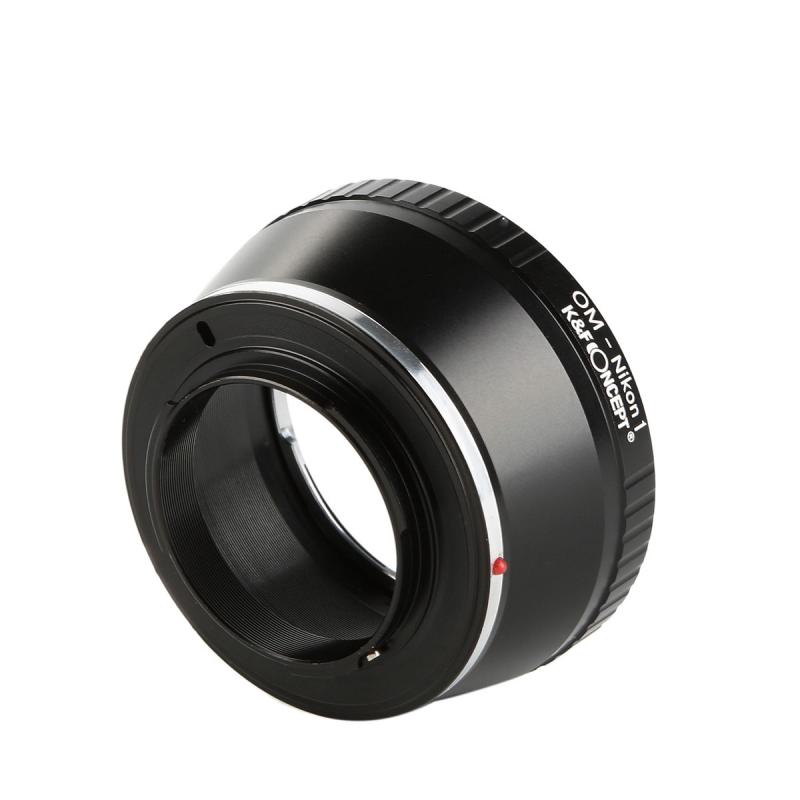
3、 Ability to store and organize a large number of photos.
The advantages of a digital camera are numerous, but one of the most significant is the ability to store and organize a large number of photos. Unlike traditional film cameras, digital cameras use memory cards or internal storage to capture and store images. This means that you can take hundreds, or even thousands, of photos without worrying about running out of film or having to change rolls.
Furthermore, digital cameras allow for easy organization and management of photos. Most cameras have built-in features that allow you to categorize and tag your photos, making it simple to find specific images later on. Additionally, you can easily delete unwanted photos or make edits to improve the quality of your shots.
In recent years, the advancements in digital camera technology have further enhanced these advantages. For instance, many cameras now offer wireless connectivity, allowing you to transfer photos directly to your computer or smartphone. This eliminates the need for cumbersome cables or memory card readers and makes it easier to share your photos with others.
Moreover, digital cameras have become more compact and lightweight, making them highly portable. This means that you can capture high-quality images wherever you go, without the need to carry around bulky equipment. Additionally, the ability to preview photos instantly on the camera's LCD screen allows for immediate feedback and adjustments, ensuring that you capture the perfect shot.
In conclusion, the ability to store and organize a large number of photos is a significant advantage of digital cameras. With advancements in technology, these cameras have become even more versatile, offering wireless connectivity and improved portability. Whether you are a professional photographer or an amateur enthusiast, a digital camera provides the convenience and flexibility needed to capture and manage your images effectively.
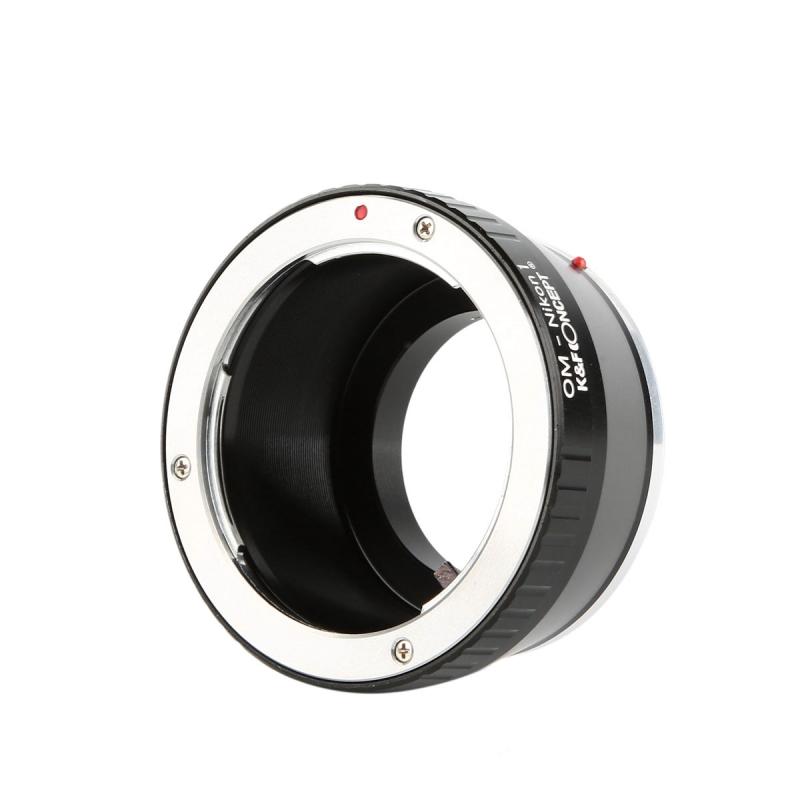
4、 Easy sharing and distribution of digital images.
One of the major advantages of a digital camera is the ease of sharing and distributing digital images. With the rise of social media platforms and instant messaging apps, it has become incredibly convenient to share photos with friends, family, and even the entire world. Digital cameras allow users to quickly transfer images to their computers or smartphones, and from there, they can be easily uploaded to various online platforms.
This ease of sharing has revolutionized the way we communicate and connect with others. We can instantly share our experiences, memories, and moments with people who are far away, bridging the distance and creating a sense of togetherness. Whether it's sharing vacation photos with loved ones or showcasing our photography skills to a wider audience, digital cameras have made it effortless to distribute images.
Furthermore, digital images can be easily edited and enhanced using various software and applications. This allows users to improve the quality of their photos, adjust colors and lighting, and even add creative effects. With the advancements in technology, editing tools have become more user-friendly and accessible, enabling anyone to transform their ordinary snapshots into stunning works of art.
Additionally, digital cameras offer the advantage of instant feedback. Unlike traditional film cameras, where you had to wait for the film to be developed to see the results, digital cameras provide immediate feedback on the captured image. This allows photographers to review their shots, make adjustments, and retake photos if necessary, ensuring that they capture the perfect moment.
In recent years, the quality of digital cameras has significantly improved, with higher resolutions, better low-light performance, and advanced features such as image stabilization and face detection. This has made digital photography more accessible and appealing to a wider range of users, from amateur enthusiasts to professional photographers.
In conclusion, the advantages of a digital camera, such as easy sharing and distribution of digital images, have transformed the way we capture, edit, and share our photos. With the continuous advancements in technology, digital cameras have become an essential tool for anyone who wants to capture and preserve their memories in a convenient and visually appealing way.
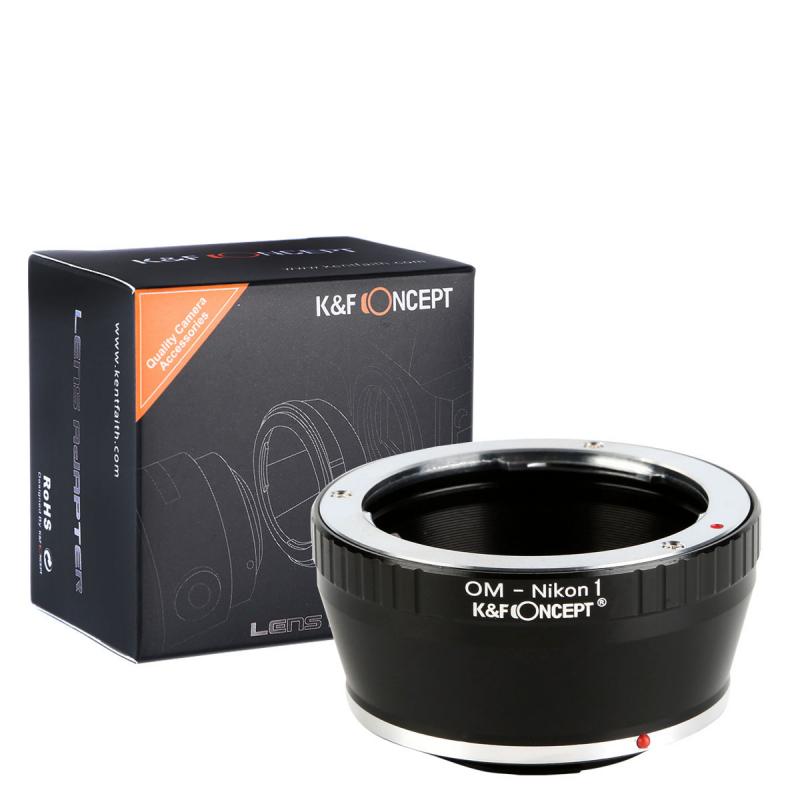

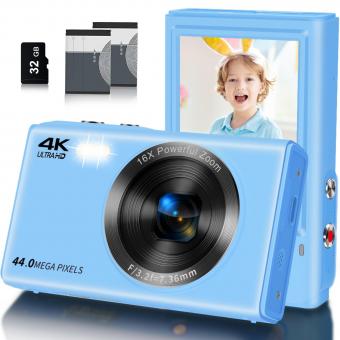
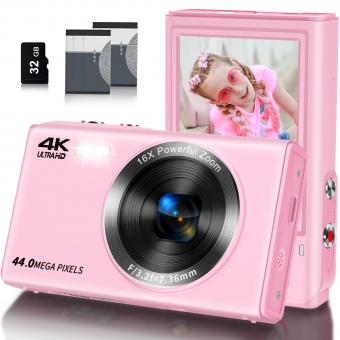
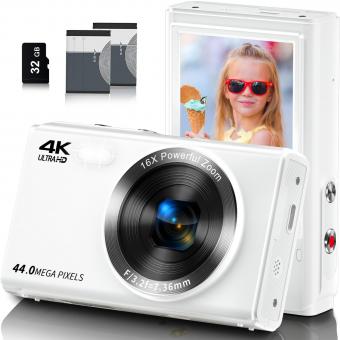

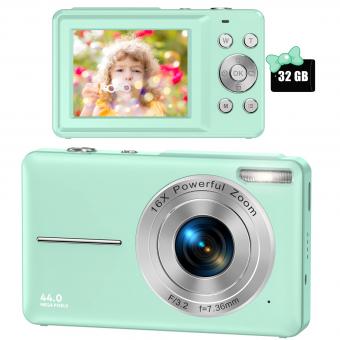

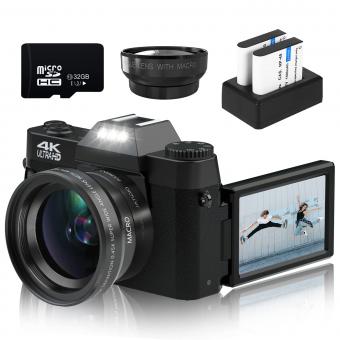
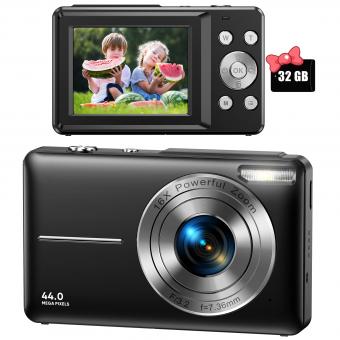
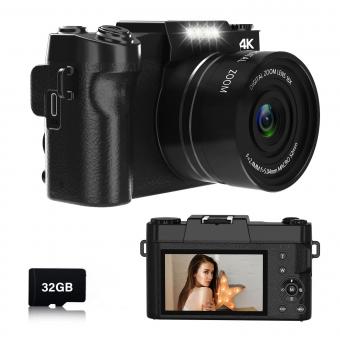
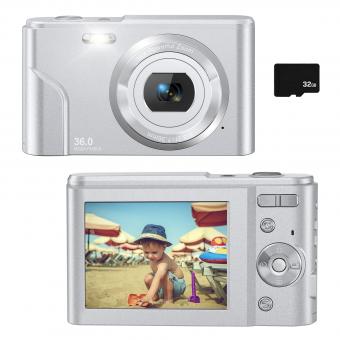
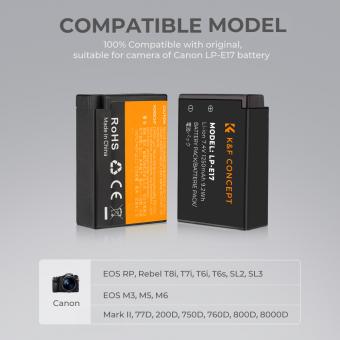

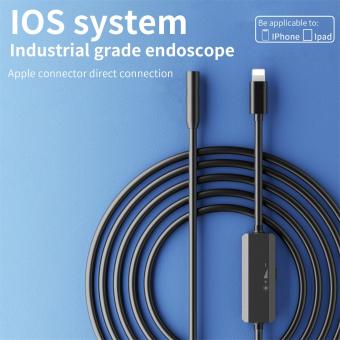


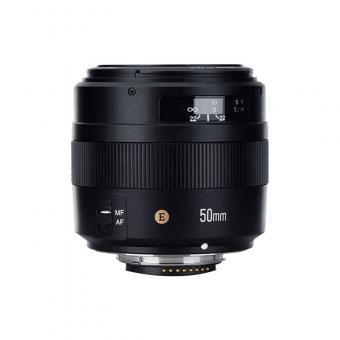
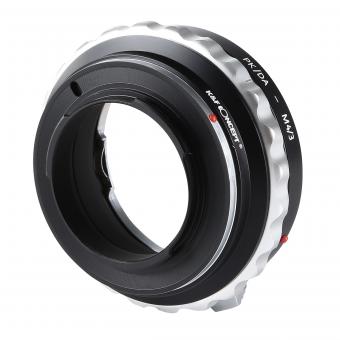

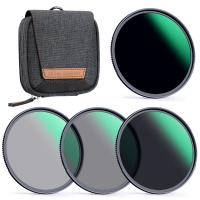






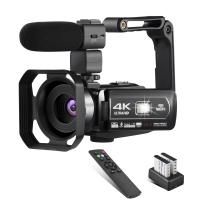
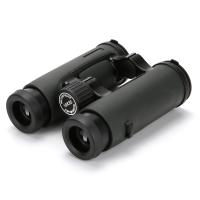
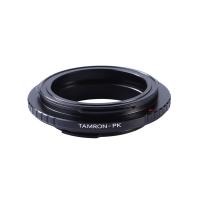
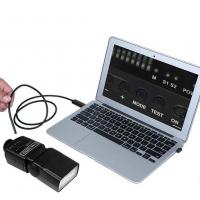



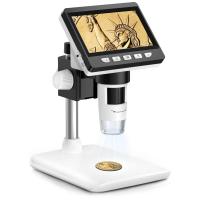




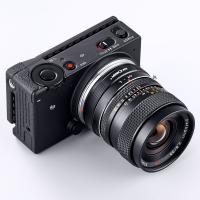
There are no comments for this blog.